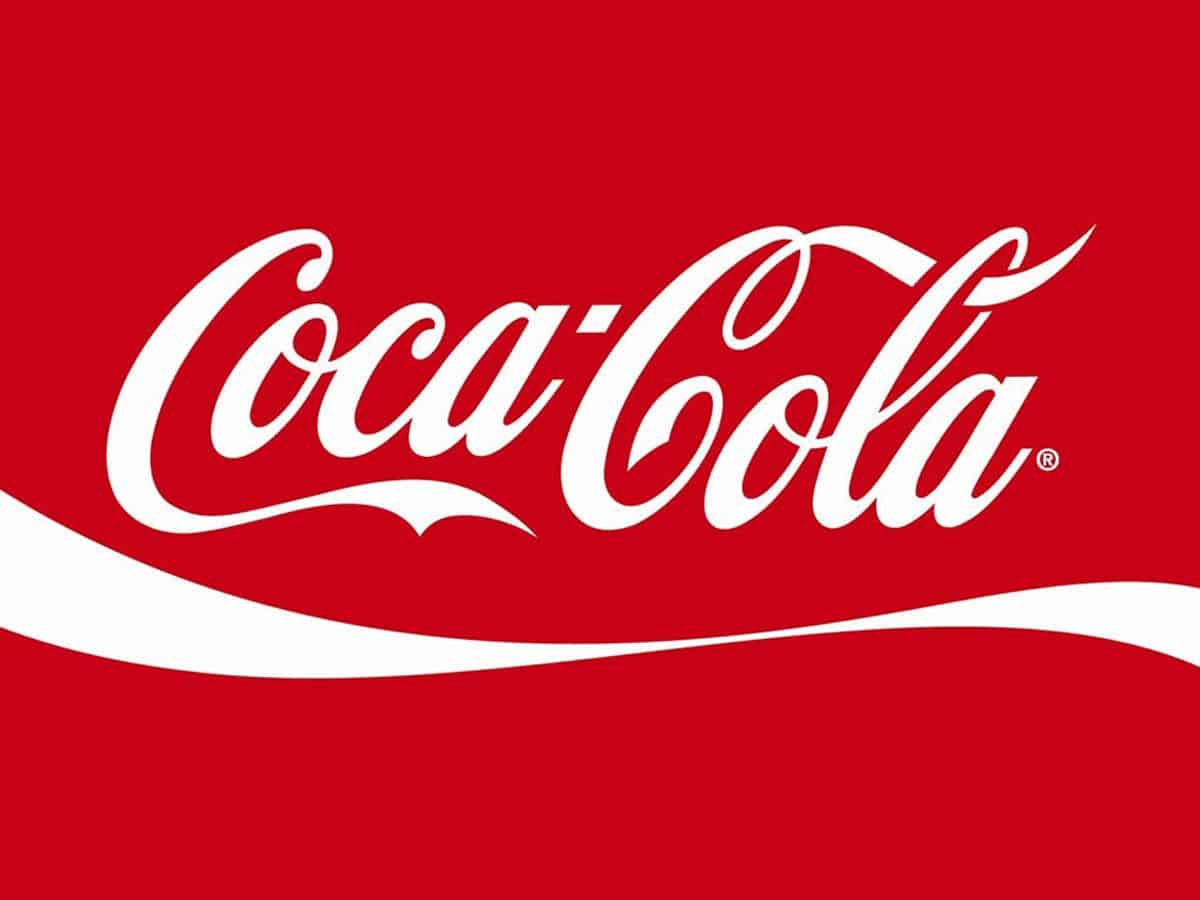Coca-Cola, PepsiCo and Nestlé have been ranked as top plastic polluters in a row for the third year. The three companies have also been accused of “zero progress” on reducing plastic waste.
According to Break Free From Plastic’s annual audit, Coca-Cola is world’s number one plastic polluter after its beverage bottles were the most frequently found discarded on beaches, parks, rivers and other litter sites in 51 out of 55 nations that were surveyed this year. Coca-Cola branding was found on 13,834 pieces of plastic.
Break Free From Plastic is a global environmental organization that has more than 14,000 volunteers in 55 countries in Asia, Europe and North America. The volunteers collected nearly 350,000 pieces of tossed plastic to trace the source of waste.
Coca-Cola was criticised by environmental campaigners earlier this year when it announced that it cannot abandon single-use plastic bottles as customers want them. The giant produces about three million tonnes of plastic a year.
In a survey conducted by NGO Tearfund, Coca-Cola, PepsiCo, Nestlé and Unilever were found to be responsible for half a million tonnes of plastic pollution in six developing countries each year.
“The world’s top polluting corporations claim to be working hard to solve plastic pollution, but instead they are continuing to pump out harmful single-use plastic packaging,” said Emma Priestland, Campaign Coordinator for Break Free From Plastic.
Coca-Cola said it was working on reducing plastic waste and is committed to solving this problem by 2030. “Bottles with 100% recycled plastic are now available in 18 markets around the world, and this is continually growing,” the company said.
A spokesperson from PepsiCo also said that the company has been trying to solve the problem through “partnership, innovation and investment “.
A statement from Nestlé said, “We are intensifying our actions to make 100% of our packaging recyclable or reusable by 2025 and to reduce our use of virgin plastics by one-third in the same period. So far, 87% of our total packaging and 66% of our plastic packaging is recyclable or reusable.”

